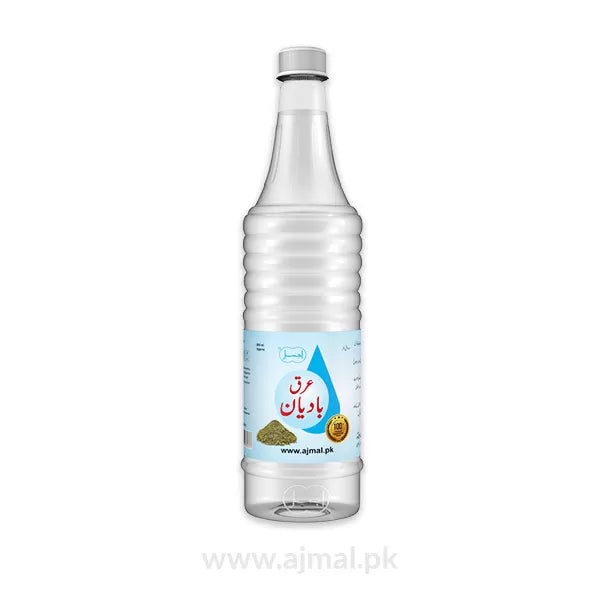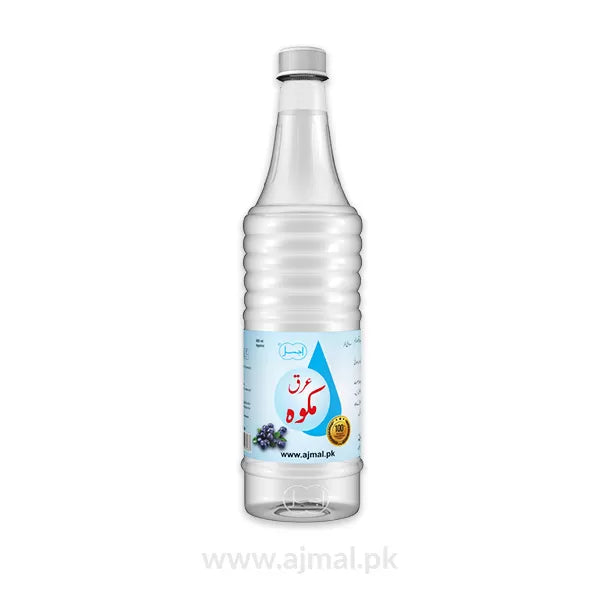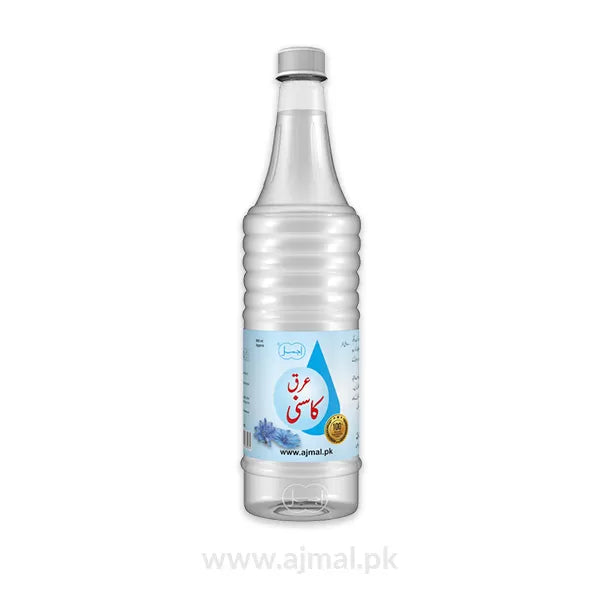Skin flare-ups can hit out of nowhere—maybe from that new soap you were excited to try, the summer heat, a sneaky food allergy, or just plain stress. Sounds familiar?
Here’s a fun fact: your skin is your largest organ—and it reacts to everything from weather changes to emotions. Yes, even stress can mess with your skin barrier!
So here’s a question for you:
When your skin acts up, what’s the first thing you reach for?
If your answer is a chemical-laden cream or a random over-the-counter ointment, you might be missing out on something gentler and just as powerful—herbs.
That’s right! Long before skincare aisles were packed with fancy bottles, people turned to nature for healing. And guess what? Many of those age-old herbal remedies still work wonders today.
Mother Nature has a whole skincare shelf ready for you—and it’s totally free of harsh chemicals. Ready to explore some of the best natural remedies that can soothe your skin, reduce redness, and calm irritation the herbal way?
Let’s dig in—you’re just a few herbs away from happy, healthy skin.
Top Herbal Remedies for Calming Skin Redness and Rashes
Here are some of the most trusted herbal remedies:
Aloe Vera

You’ve probably heard of aloe vera before—and for good reason. It’s one of the best natural remedies for irritated or inflamed skin.
Why it works:
Aloe vera has cooling, anti-inflammatory, and moisturizing properties. It calms down redness and itching, especially if it’s caused by sunburn, heat rash, or mild allergies.
A 2009 study found that women who consumed aloe vera gel supplements increased their collagen production and improved skin elasticity within 90 days, showing a visible reduction in wrinkles.
How to use it:
Cut a fresh aloe vera leaf, scoop out the gel, and apply it directly to the affected area. Leave it on for 15–20 minutes before washing it off. Do this twice a day for fast relief.
Neem

If your rash is caused by bacteria, neem (also known as Indian lilac) is your skin’s best friend. It’s been used for centuries as a natural remedy for kharish ka ilaj.
Why it works:
Neem has strong antibacterial, antifungal, and anti-inflammatory properties. It helps cleanse the skin, fight infection, and speed up healing.
How to use it:
You can either boil neem leaves in water, let them cool, and then wash your skin with the cooled water, or use neem powder mixed with rose water as a soothing face or body mask.
Turmeric

Turmeric isn’t just for your kitchen—it works wonders for your skin!
Why it works:
Turmeric has powerful anti-inflammatory and antibacterial properties. It helps calm red, irritated skin and even reduces allergic reactions.
According to research published in Phytotherapy Research, turmeric-based creams reduced acne severity by nearly 65% after just 8 weeks of consistent use.
How to use it:
Mix turmeric powder with a little honey or yogurt to make a soothing paste. Apply it to the rash and let it sit for 15 minutes before washing off.
Note: Turmeric can stain the skin a little, so use it with care.
Chamomile

Chamomile isn’t just great for tea—it’s also amazing for sensitive, rash-prone skin.
Why it works:
Chamomile has calming properties that reduce skin irritation, redness, and swelling. It’s especially good for allergic reactions, eczema, or itchy spots.
How to use it:
Brew chamomile tea, let it cool, and use a clean cotton pad to dab it on the affected area gently. You can also look for herbal creams that contain chamomile extract.
Licorice Root

Beyond its sugary taste, licorice offers incredible benefits for your skin.
Why it works:
Licorice root helps reduce redness, itching, and swelling. It’s often used in traditional remedies to treat eczema, rashes, and other inflammatory skin conditions.
How to use it:
Make a paste using licorice root powder and water. Apply it to the irritated area for 10–15 minutes, then rinse off.
Multan Clay

Multani Mitti is popular in beauty treatments—and it’s great for calming the skin.
Why it works:
This natural clay absorbs excess oil and draws out heat and toxins. It’s perfect for rashes caused by sweating or heat.
A study from the Journal of Cosmetic Science shows that clays like Multani Mitti help reduce pore size by up to 24% after consistent use for 4 weeks.
How to use it:
Mix Multani Mitti with rose water to make a smooth paste. Apply it to the rash, let it dry, and wash off with cool water.
Gum Arabica

Often used in traditional herbal medicines, Gum Arabica (Gond Kikar) has excellent healing properties.
Why it works:
It has soothing and anti-inflammatory effects that calm irritated skin. It also helps to form a natural barrier that protects the skin.
How to use it:
Grind Gond Kikar into a powder and mix it with rose water or aloe vera gel. Apply it gently to the affected area once or twice a day.
A Few Extra Tips
Besides using these herbal treatments, here are some simple things you can do to protect your skin from redness, rashes, and reactions:
- Avoid harsh soaps and skincare products with alcohol or strong fragrances.
- Keep your skin moisturized—even oily skin needs hydration.
- Stay cool and hydrated, especially during summer.
- Do a patch test when trying a new skin allergy medicine in Pakistan to make sure you’re not allergic.
- Eat skin-friendly foods, like fruits, vegetables, and omega-3 rich nuts.
- Try Ajmal Dawakhana’s herbal skincare products. They’re made with natural ingredients and specially designed to treat skin issues gently and effectively.
In Closing
We believe in healing through nature. Herbal treatments are a wonderful way to treat rashes, redness, and allergic reactions without harsh chemicals. We’ve helped thousands of people regain their skin health with our herbal medicines—and we’d love to help you too.
Next time your skin acts up—don’t panic. Try going herbal. Whether it’s something as simple as rose water or a complete skin allergy treatment package, Ajmal Dawakhana has the herbal support you need.
Here’s to calm, healthy skin—naturally!
















